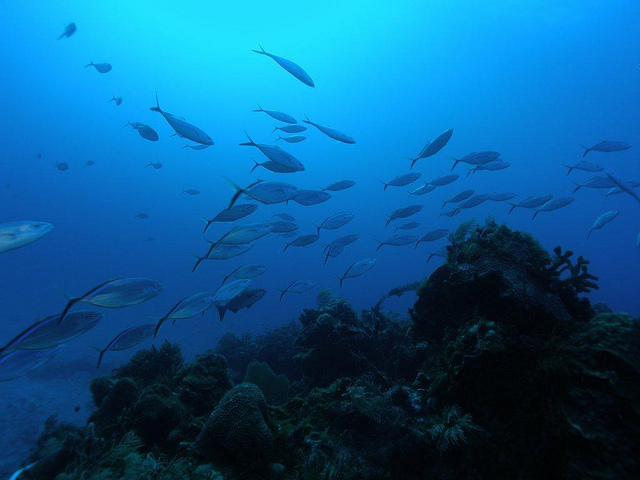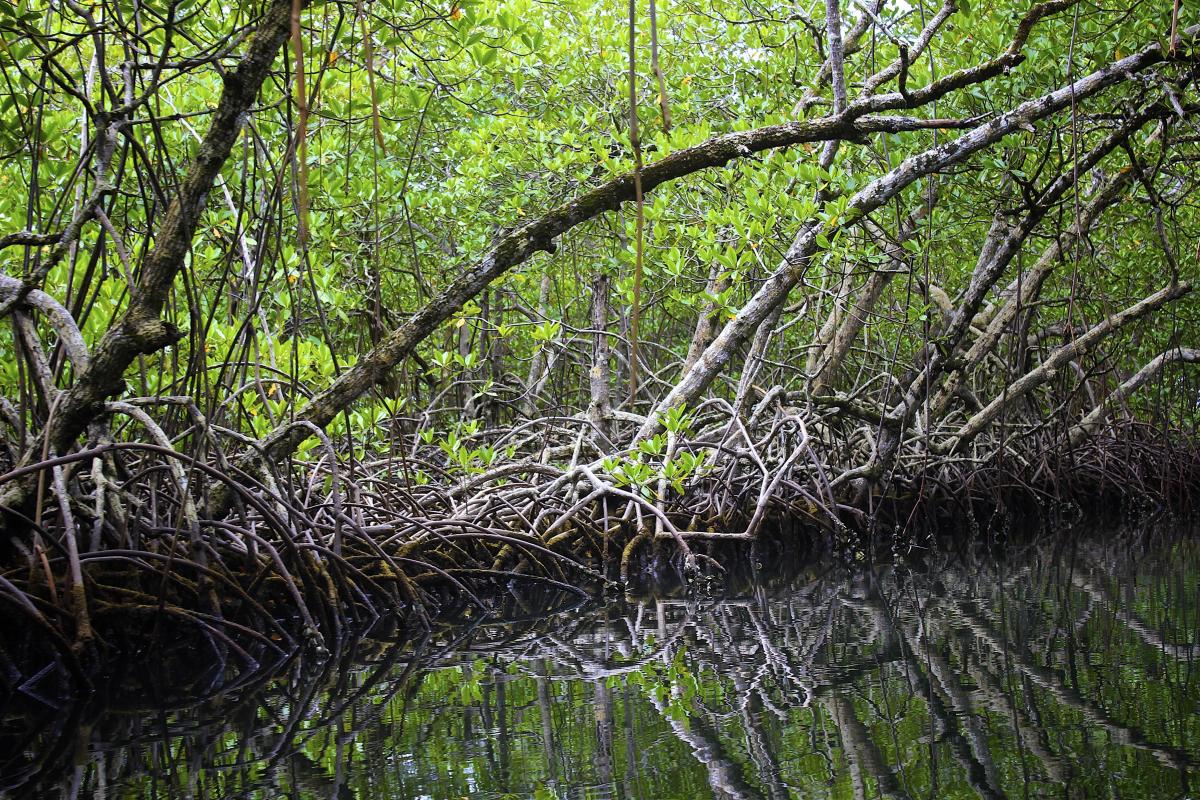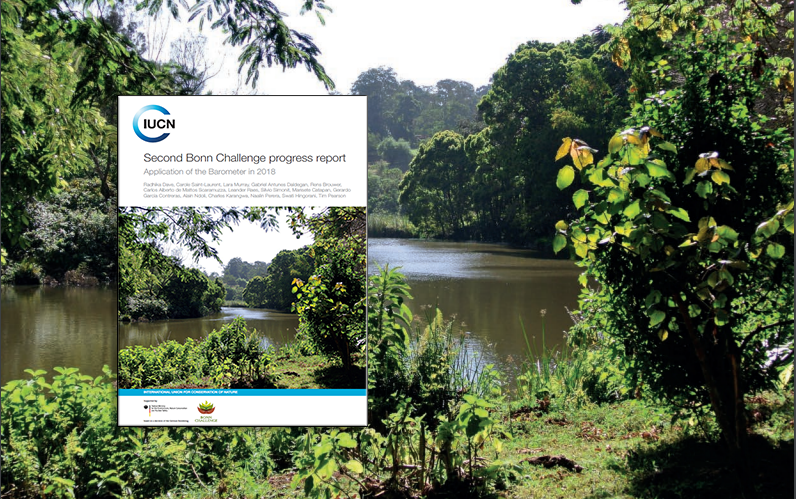Morocco climate summit looks to the ocean for solutions
Conserving ocean ecosystems can play an important role in combatting climate change – and one that is increasingly being recognised, writes IUCN’s Dorothee Herr from the COP22 climate summit in Marrakech.
Last year, the Paris climate agreement went further in highlighting the role of the oceans in the climate system, and the need to address ocean and climate change issues jointly, than any other UNFCCC Conference of the Parties before.
At this year’s COP22 in Marrakech, a special Oceans Action Event has brought even more attention to this topic, with over 400 high-level participants from around the world presenting solutions to conserve and sustainably use the oceans, seas and marine resources in times of climate change.
For the first time Ocean Day, as it was called during previous COPs, was officially part of the UNFCCC’s Global Action Agenda, finally elevating oceans alongside other major topics such as forests, water, agriculture, energy and transport.
Many solutions for climate change adaptation and mitigation come from the marine sphere - from increased renewable energy to more ambitious greenhouse gas reductions from shipping. The International Union for Conservation of Nature (IUCN), together with its many members and partners, is working on highlighting the role of coastal and marine ecosystems for climate change mitigation and adaptation.
IUCN is delighted to support and provide technical advice to countries like Australia leading the way to better conservation and protection of mangroves, seagrasses and saltmarshes for climate change mitigation through the International Partnership on Blue Carbon.
The Partnership aims to enhance the protection and restoration of coastal blue carbon ecosystems that sequester carbon in mangroves, tidal marshes and seagrasses by building awareness, exchanging knowledge; and accelerating practical action in priority regional ‘hot-spots’.
But a recent analysis looking at whether countries include, or not, coastal ecosystems into mitigation and adaptation activities as part of their Nationally Determined Contributions (NDCs) clearly shows that there is more work ahead of us to ensure all countries recognise this opportunity to fast-track better coastal management.
Marine Protected Areas play a crucial role in this regard, as a new IUCN report also highlights. The recognition of the role of marine protected areas for climate adaptation and mitigation is also an important step towards increasing the effectiveness of these areas under the CBD 2020 agenda and as part of the SDG goal 14. The report tackles issues such as using marine protected areas as potential sentinel sites for early warning and ground-truthing of trends in marine climate change.
While we know about the role coastal and marine ecosystems can play in supporting climate change mitigation and adaptation, ongoing greenhouse gas emissions make it more and more difficult for the systems themselves to rapidly adapt. Ocean warming is already affecting species, ecosystems and on the benefits oceans provide to humans, as IUCN highlighted with a new report launched at the World Conservation Congress. If our management responses are to be successful we need to take such ongoing changes into account, while the global community needs to rapidly decrease greenhouse gas emissions on an unprecedented scale.





